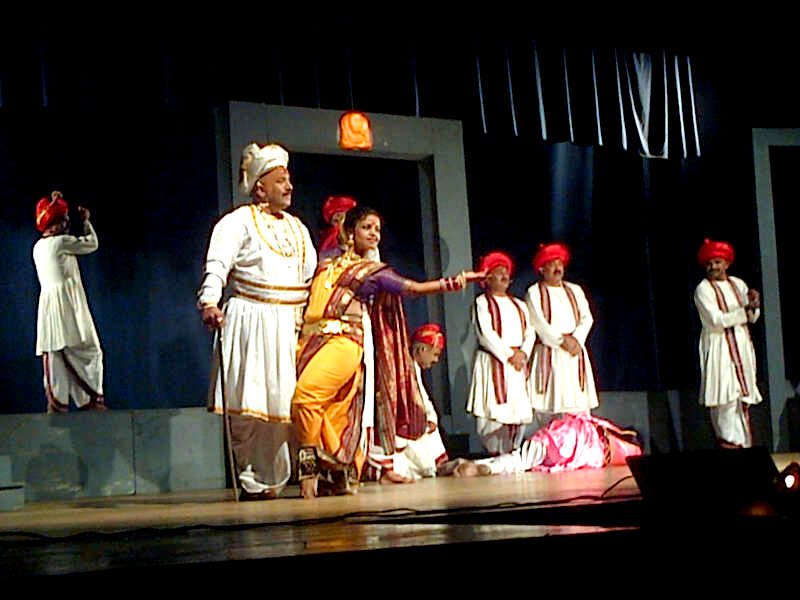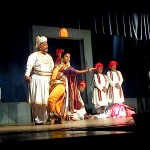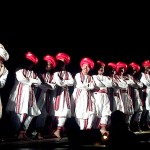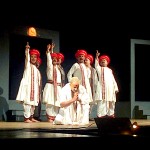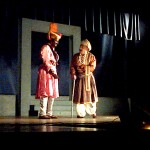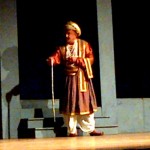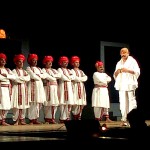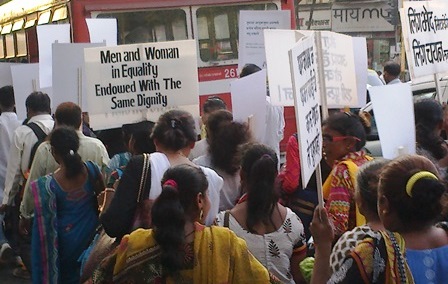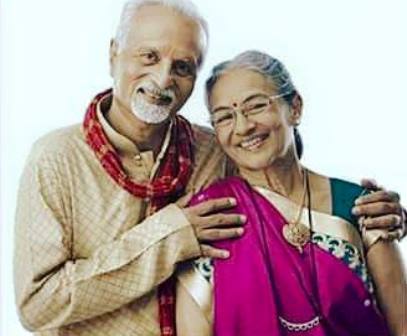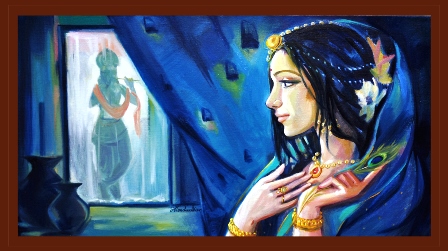A response to the rise of the Shiv Sena in the ’60s, controversial play celebrates 41 years of stage time.
The Marathi theatre scene of the 1960s and ’70s was known for its bold, contemporary and often brutal analyses of dominant social themes of the time. And one of the foremost writers and playwrights of the time was the late Vijay Tendulkar, who penned some of his masterpieces during this time, such as Shantata! Court Chalu Ahe, Gidhade and Ghashiram Kotwal.
This last celebrated 41 years of being on the Marathi stage on Sunday, December 16. Originally directed by Jabbar Patel, the play boasted some truly excellent music by the late Pandit Bhaskar Chandavarkar and choreography by Krishnadev Mulgund. The play is based on the life of Nana Phadnavis, who was a prominent minister in the court of Peshwas of Pune, and it talks about men in power who give rise to certain ideologies to serve their purposes, and later destroy those ideologies when they become useless.
Reproduced below are late music director Bhaskar Chandavarkar’s thoughts on the play:
‘Ghashiram Kotwal was first staged in December 1972. Within a span of ten shows (a short period of some weeks) it became a controversial play. Vijay Tendulkar, the playwright, has already faced severe, some times violent opposition to his earlier plays. He was subjected to a humiliating ‘manhunt’ because of Ghashiram. The controversy revolved around two points. The first was that he has misrepresented history and the other was that he had trivialised and defamed Nana Phadnavis.
Actually, the points were political. The play has, to this day, remained extremely relevant because of the measured political statement it makes about fascism. The a-historic legend or myth, around which the playwright weaves his plot, seems to surface in many parts of the world. Violence, political manipulations, and the nexus between crime, sex and power is what Vijay Tendulkar explores. The historians may not agree with the interpretation of history that the playwright visualises. But the
playwright asks if there is any objectively ‘true’ history? And do we learn from history at all?
Ghashiram Kotwal became a path breaker because of the form of presentation. ‘Dashavtari Khele’ a folk theatre form like the Tamasha, Lavani, Gavlan etc. that have found their way into the presentation. The play therefore becomes a musical. It is not a musical comedy that has been modeled on the American Broadway type. In an innovative way, the folk sensibilities and basic
political awareness have been woven together in a typically Indian setting.
Songs, dance and music have to shoulder responsibilities other than that of being merely entertaining numbers. They are here to bring out the strong feelings, the undercurrent of the social protest. If the establishment uses the established music as its political tool to perpetuate power, artists must use non-established forms of art to rebel and revolt. Ghashiram Kotwal thus becomes a political statement.
The presentation and staging will hopefully transcend the language barrier because, tragically, we still have Ghashiram-like situations happening all over the world.’
(Pictures courtesy Yaashee Entertainment)

